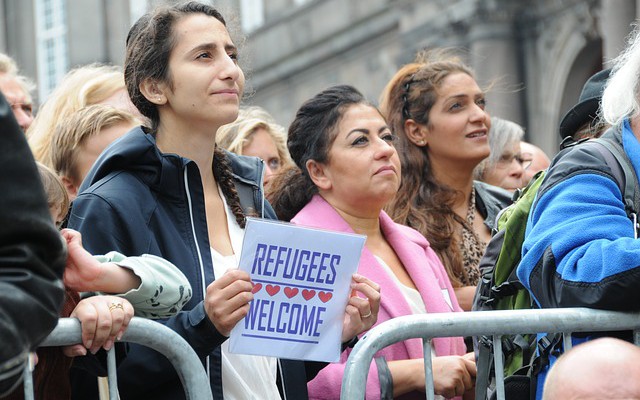THE PSYCHOLOGICAL COST OF SEEKING ASYLUM IN AUSTRALIA
This post forms part of our series in showcasing abstracts of presentations featured at our annual postgraduate interdisciplinary conference on refugee and forced migration research, hosted in October 2017 at The University of Melbourne.
Tram Nguyen
The current global humanitarian crisis involves over 65 million forcefully displaced persons. The Australian government response has involved draconian policies of deterrence, indefinite detainment and denial of human rights, in the name of border protection.
Whilst the highly politicised maritime diaspora have become the prominent depiction of this debate, there are many more plane arrivals in Australia of people seeking protection. The literature is clear that asylum seekers have higher rates of mental illness than refugee migrants. Those on temporary visas have more negative mental health outcomes than those granted permanent protection. The length of time in immigration detention and similarly the duration of prolonged refugee status determination process are both correlated with worsening mental health status. The postmigration factors are equally as significant as pre-migration factors in contributing to the mental health status of those fleeing persecution and conflict. The post-migration treatment of asylum seekers often triggers and re-traumatises them.
The Cabrini Asylum Seeker and Refugee Health Hub (Cabrini Hub) launched its Specialist Mental Health Service in 2017, acknowledging the specific and complex mental health needs of those seeking asylum in Australia. Beyond a history of possible torture, trauma and persecution, these people face many present-day challenges such as destitution, homelessness, family separation, every-changing legal requirements and psychological burden of uncertainty and insecurity.
The Cabrini Hub aims fill an unmet need in mental health service provision for those who are the most vulnerable, with the least entitlements and who fall between the gaps of specialist trauma services and public area mental health services. The Cabrini Hub provides screening, comprehensive assessment, multidisciplinary management and care co-ordination for asylum seekers with mental health needs.
Tram Nguyen is the Medical Director and a pro bono psychiatrist of the Specialist Mental Health Service at the Cabrini Asylum Seeker and Refugee Health Hub. She is also a consultant psychiatrist at the Royal Women’s Hospital, Melbourne and holds an honorary clinical lectureship at the University of Melbourne, Department of Psychiatry.
